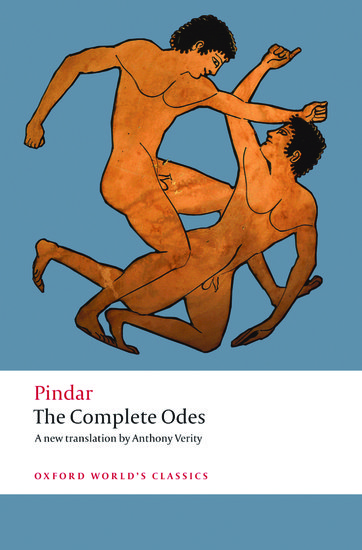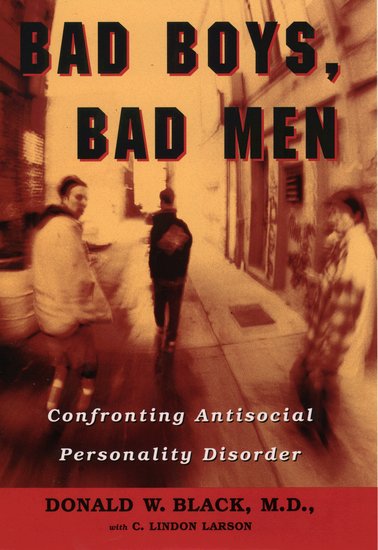The Victory Odes of Pindar
As the Olympics kicks off tomorrow, Mayor of London Boris Johnson has ensured that London 2012 retains its ties to the ancient world. Trained as a classicist and fond of reciting Latin (particularly in debate), he commissioned an ode by Armand D’Angour in the style of the Ancient Greek poet Pindar, which was recited at the Olympic Gala at Royal Opera House on July 24th. Oxford University classicist Dr Armand D’Angour’s Olympic Ode will be installed at the Olympic Park in East London, but you can discover Pindar’s verses on the blog today.














